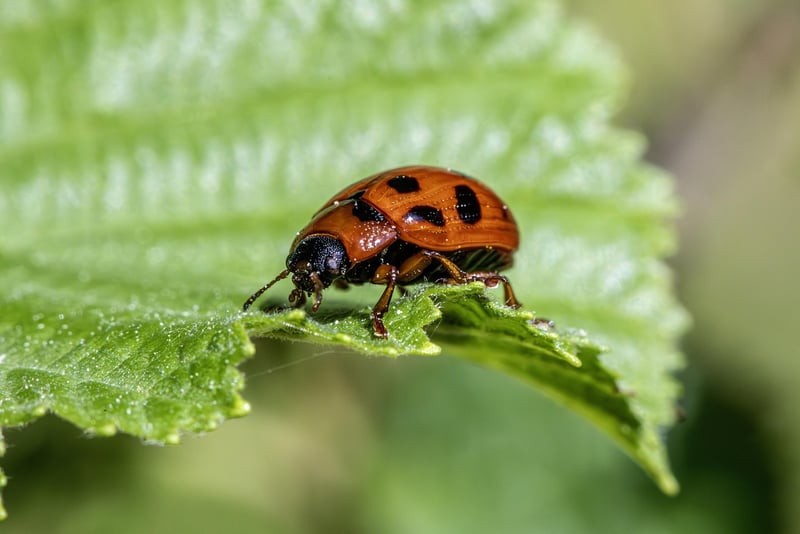Organic Pest Control
Essential Care for Urban Plants + Organic Pest Control
Introduction
Welcome to our guide on essential care for urban plants and organic pest control. In urban settings, plants face unique challenges that require special attention and care. This article aims to provide you with practical tips and methods to help your urban plants thrive while keeping pests at bay using organic solutions.
Essential Care for Urban Plants
1. Choose the Right Plants
When selecting plants for an urban environment, opt for varieties that can tolerate pollution, limited space, and variable light conditions. Consider plants like succulents, air plants, and spider plants that thrive indoors and are low maintenance.
2. Proper Watering
Urban plants often face dry conditions due to air conditioning and heating systems. Ensure you water your plants as needed, checking the soil moisture levels regularly. Use a moisture meter to gauge when your plants require watering.
3. Light Requirements
Most indoor plants require adequate light to thrive. Place your urban plants near windows or under grow lights to ensure they receive the necessary sunlight. Rotate your plants regularly to promote even growth.
4. Pruning and Grooming
Regular pruning and grooming help urban plants maintain their shape and health. Remove dead leaves, trim overgrown branches, and dust the leaves to keep them clean. This practice also prevents pests from finding hiding spots.
Organic Pest Control
1. Neem Oil Spray
Neem oil is a natural insecticide that effectively controls pests like aphids, mealybugs, and spider mites. Mix neem oil with water and a mild soap and spray it on the affected plants. Repeat every 7-14 days or as needed.
2. Diatomaceous Earth
Diatomaceous earth is a fine powder made from fossilized aquatic organisms. Sprinkle it around the base of your plants to deter pests like slugs, snails, and ants. Reapply after rain or watering.
3. Companion Planting
Companion planting involves growing certain plants together to repel pests. For example, planting marigolds near vegetables can deter nematodes and other harmful insects. Research companion planting options for your specific plants.
4. Homemade Pest Repellents
You can make homemade pest repellents using ingredients like garlic, chili peppers, and soap. Blend these ingredients with water and spray the mixture on your plants to deter pests. Test on a small area first to ensure it does not harm your plants.
Conclusion
By following these essential care tips for urban plants and utilizing organic pest control methods, you can create a healthy and thriving indoor garden. Remember to observe your plants regularly, as early detection of pests or issues can prevent significant damage. Embrace the beauty of urban gardening while promoting a natural and sustainable environment for your plants.


